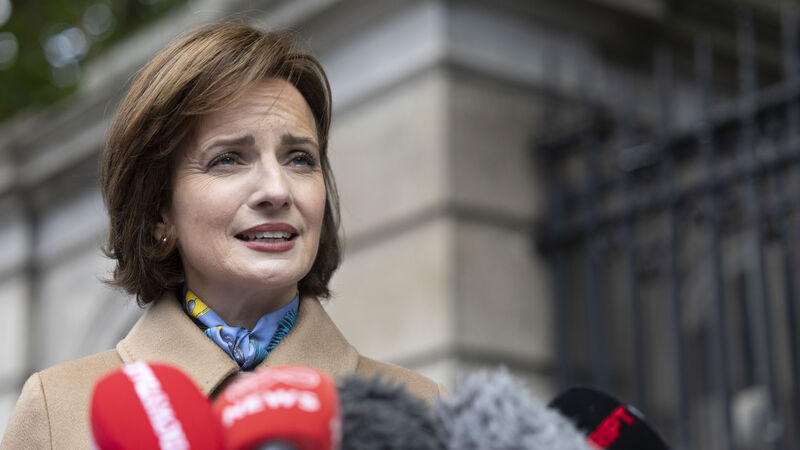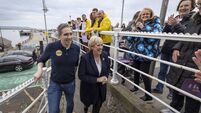Running for president in Ireland? Prepare to have your past — and your sanity — tested

Maria Steen has suggested that the election should be cancelled and rerun after Jim Gavin withdrew his candidacy. Picture: Sam Boal/Collins Photos
One of the more bizarre comments in a bizarre week of the presidential campaign came from Maria Steen.
Steen attempted last month to get a nomination to run, but she was unsuccessful. In light of what has now befallen Fianna Fáil candidate Jim Gavin, she suggested that the election should be cancelled and rerun. This would give her another bite at the cherry.














